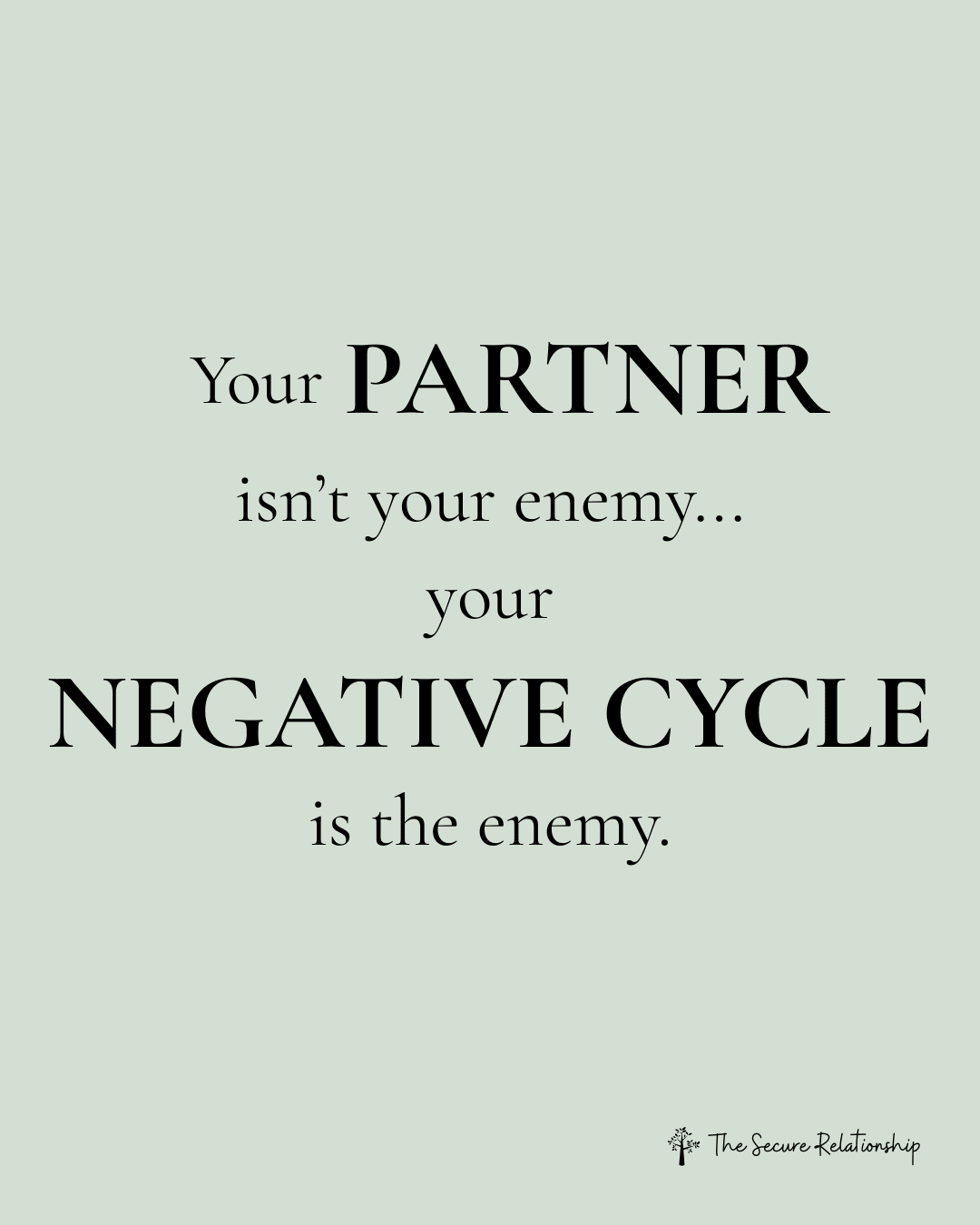Your Partner Doesn’t Want Help With Their Feelings?
Your Partner Doesn’t Want Help With Their Feelings?
Here are five reasons this might be happening—and how you can lovingly respond:
1. They Have Shame Around Their Feelings
Some people grow up getting the message that feelings like sadness and fear are weaknesses, something to be ashamed of. To avoid shame, they learn to hide their feelings—even from themselves. Believe it or not, hiding their emotions may be their misguided way of trying to stay connected by maintaining a sense of worthiness:
“If I’m not worthy, who can accept me?”
The truth? Talking about feelings isn’t weakness. It’s vulnerability, strength, and self-awareness. That doesn’t mean oversharing or exposing your emotions to everyone—it means learning how and when to express feelings in a healthy way.
Try saying:
"I understand you got messages growing up that feelings are weak, and it makes sense you'd want to keep them in. At the same time, when I can’t reach you emotionally, it leaves me feeling disconnected and alone."
2. They Fear Their Feelings
Some people aren’t just afraid of showing feelings—they’re afraid of feeling them at all. They may believe that allowing in emotion will break them open, spiral them into despair, or make them lose control of their life.
But the truth is, feelings hurt—but they don’t last forever. When you give them space, they move. Suppressed feelings, on the other hand, stay stuck and continue to quietly run the show.
Try saying:
"If I thought I'd be consumed by my feelings and get stuck in them, I’d want to keep them away too. But there’s also a downside to keeping them in—one of which is that I can’t reach you, and that’s really hard on me."
3. It’s Part of “Who They Are”
Some people are naturally less emotionally expressive, and that’s okay. Not everyone desires emotional connection in the same way. While a baseline level of emotional awareness is important in all relationships, partners don’t need to match each other exactly.
What matters is this:
Are they emotionally available enough of the time—especially when you ask for support?
Reminder for yourself:
It’s okay if your partner doesn’t want to talk about every feeling. But it’s also okay for you to need emotional connection. Find a middle ground where both needs are respected.
4. They Feel Responsible for the Person They’re Sharing With
Many people worry that if they share their feelings, the other person will feel the need to fix it, get overwhelmed, become anxious, or feel emotionally burdened. So instead of getting support, they protect you—and themselves—by staying quiet.
This may be rooted in childhood or even in your current dynamic. You might gently ask yourself:
Do I make space for their feelings, or do I send the message that they’re “too much”?
Try practicing:
Managing your own anxiety when your partner shares.
Letting them know their feelings don’t scare or burden you.
Reminding them that they don’t need to be responsible for your emotional state.
5. They Don’t Know How
Often, people who don’t express their emotions simply don’t know how. They were never taught, and likely shamed or punished when they tried. As a result, they learned to keep emotions in and disconnect from them altogether.
When asked to talk about their feelings, they don’t have access to them—or words to describe them. It feels like they’re failing at a game they never got to learn.
Try saying:
"I used to think you were pushing me out, but now I can see you just didn’t learn how to talk about your feelings because you had to keep them down. That makes so much sense to me. Are you open to learning more about feeling, so we don’t keep ending up in that place where I feel alone and you feel like you’re failing?"
Support for Deeper Emotional Connection
Explore resources to help build emotional safety and communication in your relationship:
Understanding Shame Course: Go through an excersise designed to help you understand and heal from shame.
Attachment 101 Course – Learn how attachment wounds shape emotional expression and how to build trust.
Secure Love– Tools to foster emotional closeness, co-regulation, and secure connection.
The Secure Love Podcast – Real-time couples coaching focused on communication, conflict, and emotional openness.
Relationship Coaching – Get expert guidance to bridge emotional gaps and build mutual understanding.
“Your partner’s distance around feelings might not be about you—it might be about fear, shame, or never learning how. Compassion is the bridge to reconnection.”



Trying to control your environment—like keeping a spotless house—can sometimes be a way to manage inner anxiety caused by relationship disconnection. But when that strategy backfires, it can create more of the very disconnection you’re trying to avoid. This post explores how personal anxiety shows up in relationships, and how couples can break the cycle.